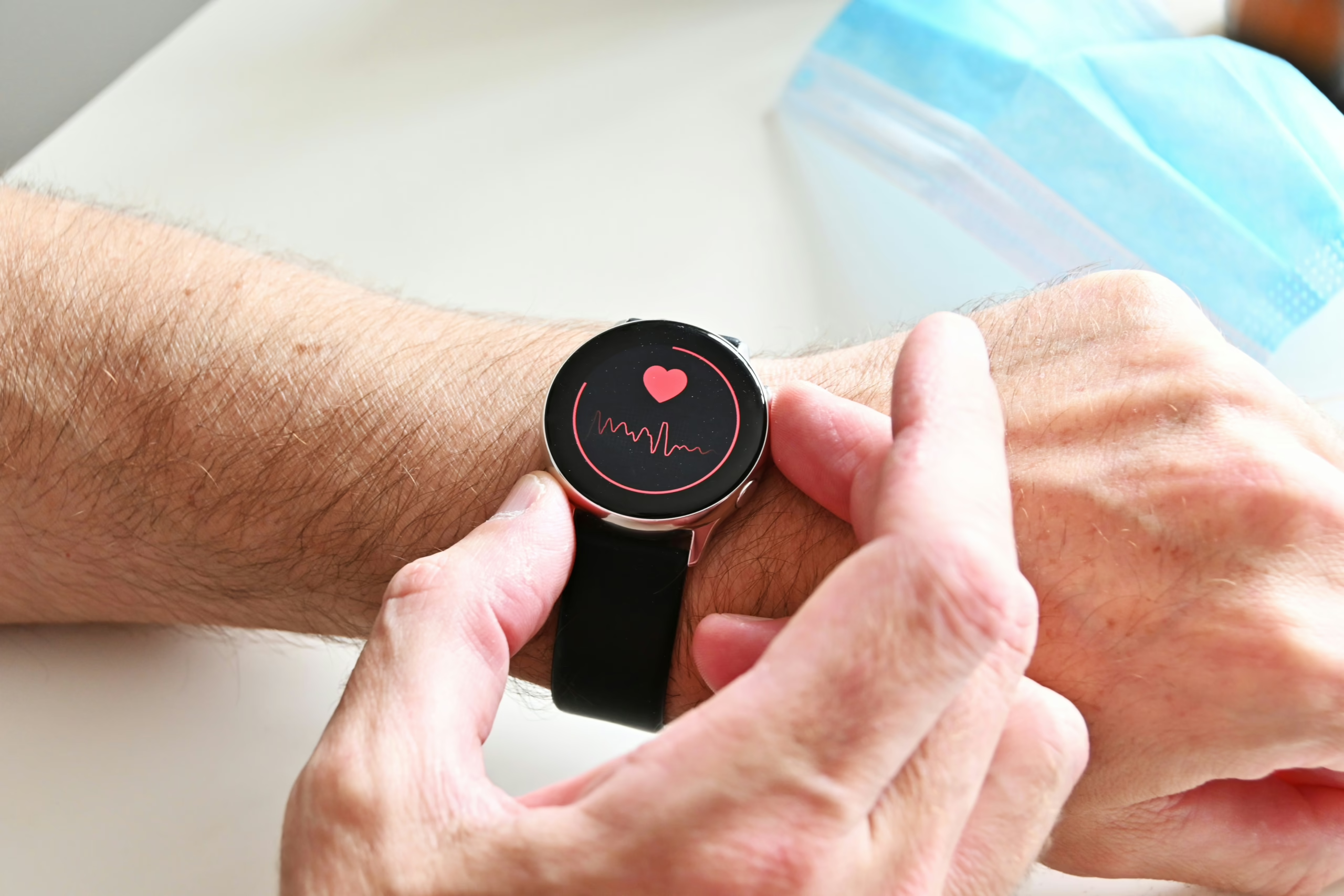Latest Insights on Healthcare Innovations
Estimated Reading Time: 5 minutes
- Embrace Technology: Explore and adopt emerging technologies to enhance operational efficiency and patient care.
- Focus on Cybersecurity: Invest in robust cybersecurity measures to safeguard patient data and build trust.
- Address Accessibility: Actively work to bridge the digital divide, ensuring your services reach underserved populations.
- Stay Informed: Keep abreast of innovations and adapt strategies that align with evolving patient needs and preferences.
Table of Contents
- Emerging Technologies in Healthcare
- Real-World Innovations Improving Patient Care
- Challenges in the Innovation Landscape
- The Future of Healthcare Innovations
- Practical Takeaways for Business Leaders
- FAQ
Emerging Technologies in Healthcare
One of the most exciting areas of innovation in healthcare is the integration of advanced technologies. Among them, telemedicine has surged remarkably, largely accelerated by the pandemic. According to a report by McKinsey, telehealth usage has stabilized at levels 38 times higher than before the pandemic, offering patients increased access to care and enabling providers to manage their workflows more efficiently.
AI and machine learning also play a pivotal role in modern healthcare. These technologies assist in diagnostics and treatment plans by analyzing vast amounts of data, leading to more precise and personalized patient care. For instance, IBM Watson Health utilizes AI to support clinical decisions, enabling healthcare professionals to treat diseases like cancer more effectively.
Real-World Innovations Improving Patient Care
Healthcare innovations extend beyond digital tools. Several institutions have implemented cutting-edge practices that transform patient experiences. The use of wearable devices, for instance, enables continuous monitoring of vital signs, empowering patients to take charge of their health. A study from the American Heart Association found that such wearables can improve adherence to treatment protocols, thus reducing hospital readmission rates.
Moreover, precision medicine is gaining traction. This approach tailors treatment based on individual genetic profiles, lifestyle, and environment, promising more effective outcomes. Institutions like the National Cancer Institute are at the forefront of this movement, providing targeted therapies that improve patient success rates significantly.
Challenges in the Innovation Landscape
While the progress in healthcare innovation is promising, it comes with its set of challenges. Data security remains a critical concern, as the increasing reliance on digital platforms exposes sensitive health information to potential breaches. According to the HIPAA Journal, healthcare data breaches have steadily increased over the years, prompting institutions to invest more in cybersecurity measures.
Additionally, the digital divide poses a barrier to access. Not all populations have equal access to the internet or the necessary devices to benefit from telehealth services. Addressing these disparities is crucial to ensure that innovations serve all segments of the population equitably.
The Future of Healthcare Innovations
As we look toward the future, the healthcare industry is optimistic about continued advancements. Blockchain technology, for example, promises to enhance patient data management, improve transparency, and bolster data security. Initiatives are underway to explore its potential in streamlining supply chains and enhancing interoperability between healthcare systems.
Moreover, the integration of virtual reality (VR) and augmented reality (AR) for medical training and surgical procedures is showing great potential. Surgeons are beginning to utilize AR to visualize complex surgical landscapes, improving precision and outcomes.
Practical Takeaways for Business Leaders
For healthcare professionals and business leaders, the insights above present practical takeaways: We, at [Your Company Name], are consistently at the forefront of these developments. Our aim is to leverage the latest innovations to provide top-notch healthcare solutions that enhance patient experience.
FAQ
What are some examples of telemedicine advancements?
Telemedicine has seen advancements such as virtual consultations, remote monitoring of patients, and integration of AI for clinical support.
How does precision medicine improve patient outcomes?
Precision medicine tailors treatment based on individual genetic profiles, which leads to more effective and personalized healthcare.
What are the potential risks associated with healthcare technology?
Potential risks include data breaches, misdiagnosis due to faulty technology, and accessibility challenges for underserved populations.
Saksham Kaushik is a talented writer and knowledge seeker who enjoys studying and sharing knowledge on everyday happenings, trends, and interesting facts. With keen observation skills and a curiosity-based approach, He analyzes heavy subjects into simple-to-read articles, keeping readers updated and interested. From international updates to technology breakthroughs, lifestyle suggestions, and food for thought, Saksham Kaushik provides new insights and useful information every day.




